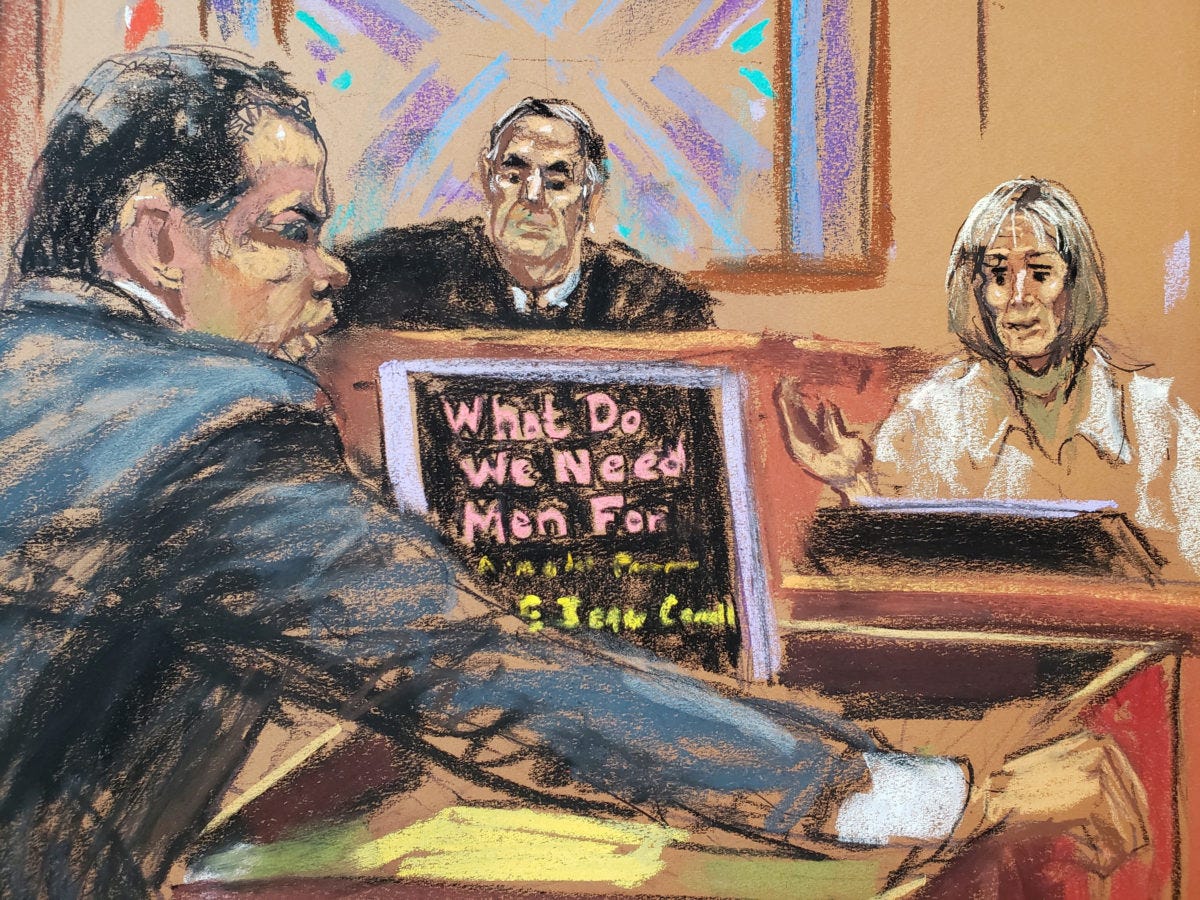Tuesday, in California, a Riverside Superior Court jury awarded a 39-year-old woman $2.28 billion resulting from a case lodged against her stepfather, her mother, and the Church of Jesus Christ of Latter-day Saints. She was sexually abused from ages 5 to 14 by her stepfather, at home and at their Mormon church. Her mother and her church knew. Over that time, she did what so many kids are (understandably) too scared to do: she told trusted adults. She disclosed her abuse to multiple members of her church, including the bishop. But the bishop didn’t tell the police. He held a meeting with her mother and stepfather and instructed her to forgive her stepdad. When she told another bishop and counselors, she says she was shamed, told she would go to prison and do harm to her family by disclosing the crime.
It took until 1997, when the then-girl saw how her stepfather was looking at her basketball teammates, and she told her coach about the abuse. That adult finally reported. Her stepfather was arrested that day, pleaded guilty and spent three years in prison.
It’s true, $2.28 billion is a lot of money. When you consider that what this woman endured in her youth pushed her to the brink of suicide, I’m not sure any figure is high enough. But I hope it makes a statement to church leaders, particularly after Arizona’s Supreme Court recently ruled in a separate case that the Church of Jesus Christ of Latter-day Saints can refuse to answer questions or turn over documents due to a state law exempting religious officials from reporting child sex abuse if they learn about the crime in a confessional setting.
I think today though, it’s important to count that $2.28 billion as a win.
It’s so rare for sexual abuse survivors to have their day in court. It’s unusual enough for people to step forward and report at all, let alone after enduring such a stubbornly unhearing series of church leaders as detailed in the California case. I’ve floated in the periphery as a reporter, hearing as survivors’ cases were pushed, investigations lagged, or about how contact from the accused (that should never have been made) threatened to upturn survivors’ lives.
Such moments make this one stand out.
Speaking of days in court: former-President Donald Trump’s attorney began cross-examining E. Jean Carroll Thursday in a New York civil trial concerning a 1990s encounter at a Bergdorf Goodman dressing room that Carroll maintains ended with the former president raping her. Trump’s attorney used the word “supposedly” repeatedly with Carroll during cross-examination, prompting her to respond, “Not supposedly. I was raped.”
I’ve read how she’s closed herself off over the years. In writing, yes, she’s disclosed and learned to share what she must. But what she recounts as the shock of her sexual assault has left her shielding herself emotionally from close relationships.
When she gave her testimony earlier in the week, she was described as poised and deliberate. She detailed the shift in his weight, placement of body parts.
We’ve seen this before. This careful, mature reporting, in shades of Christine Blasey Ford.
Keep reading with a 7-day free trial
Subscribe to In Polite Company to keep reading this post and get 7 days of free access to the full post archives.




